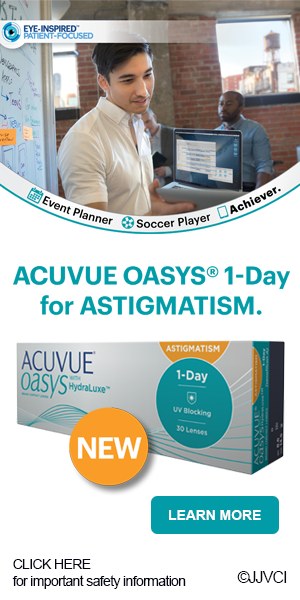 For those students that want to be business owners, it’s a no-brainer to be heavily involved in practice management clubs. However, even those future doctors that want nothing more than a job where they can clock in and clock out everyday are better off knowing basic practice management principles and the business side of the profession. Having a basic foundation will help any doctor be more valuable to their patients. These are just a few reasons that students should get involved with their school’s private practice club.
For those students that want to be business owners, it’s a no-brainer to be heavily involved in practice management clubs. However, even those future doctors that want nothing more than a job where they can clock in and clock out everyday are better off knowing basic practice management principles and the business side of the profession. Having a basic foundation will help any doctor be more valuable to their patients. These are just a few reasons that students should get involved with their school’s private practice club.
5. Free stuff!! If for no other reason, joining your school’s club will likely come with material benefits. At IUSO for instance, members pay dues of $20 for the year but with that you get 8 free dinners throughout the year, a free glasses shaped flash drive and a club pin. And that’s just the tangible stuff!
4. Build your resume by getting involved. Many future employers will be looking for competent doctors but also well rounded individuals who have more to contribute than their clinical care. As doctors, we will be expected to be involved in our own communities and being involved during school will demonstrate that potential. Private practice clubs are a low commitment, low demand opportunity to get involved.
3. Fill the gap of what they don’t teach in school. It is widely believed that the average optometric practice income is made up of about 40% exams and 60% retail. Do you realize that means that the 4 years we spend in school as students helps prepare us for only 40% of our professional career? Don’t waste the opportunity to fill in this giant gap. Ask any of the doctors that come speak to your club and they will tell you that they wish they had clubs like ours when they were in school. Many important lessons come with experience but imagine how much better off will you be if you have a jump-start as you begin your career.
2. Amazing speakers. Because the Practice Management clubs receive generous sponsorships from industry leaders, the student dues are well below the benefits you receive. This is most true when it comes to speakers. Thanks to these sponsorships, clubs are able to bring in nationally recognized, industry leading doctors or other professionals that are often on the Continuing Education speaking circuit. These speakers are the same speakers that current doctors pay hundreds of dollars to learn from at various conferences.
1. Networking. As mentioned in the last point, the speakers that visit each club are nationally recognized individuals in the profession. They are people you want to know but it’s more beneficial if they know you. When looking for jobs, it will help to have people who know you and have reputable sources that can vouch for you. Get to know these speakers when they visit, introduce yourself before or after the meetings, ask questions and write them thank you cards showing your appreciation. Not only is it good manners but it will help solidify your face and name in their mind.
– Jeff Simmons
Indiana University School of Optometry





